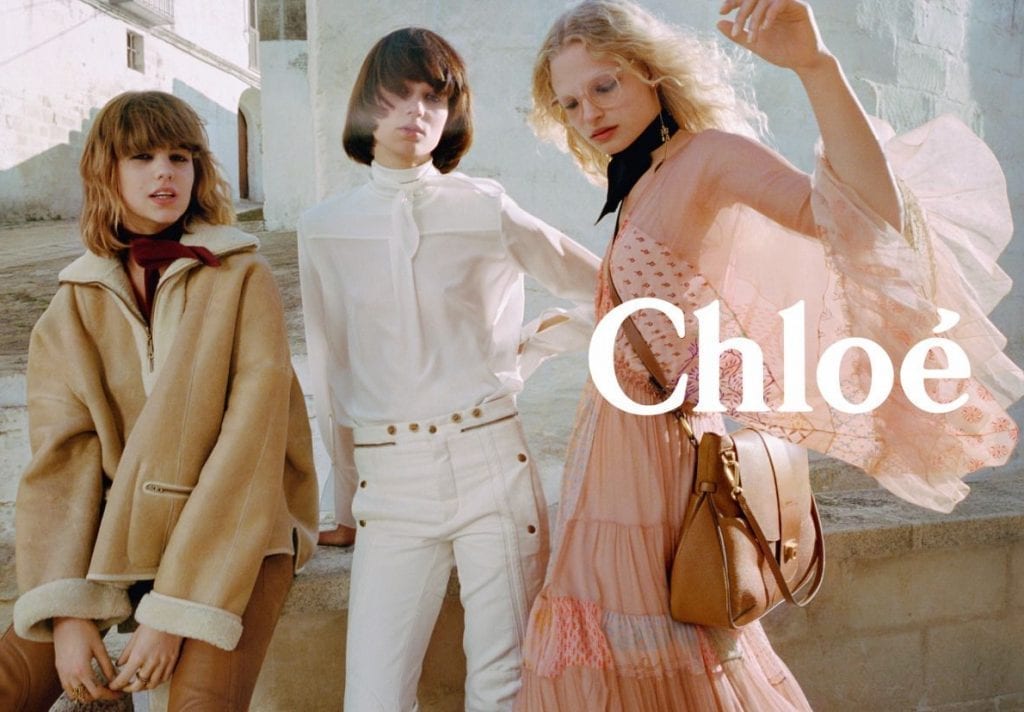The alternative approach to the traditional fashion model that was proposed this month by Dries Van Noten, Andrew Keith, who is the president of retailers Lane Crawford and Joyce, and Altuzarra chief executive officer Shira Sue Carmi, found significant banking within the industry. Hundreds of designers, executives, retailers, and public relations heads signed on – from Tory Burch and Jil Sander CEO Axel Keller to Nordstrom president and chief brand officer Pete Nordstrom and Neiman Marcus-owned e-commerce company MyTheresa’s CEO Michael Kliger.
In furtherance of the voluntary agenda, aimed at enabling the fashion industry to “become more responsible for our impact on our customers, on the planet and on the fashion community, and bring back the magic and creativity that has made fashion such an important part of our world,” the signatories propose a plan that includes shifting the seasonal calendar to “create a more balanced flow of deliveries through the season to provide newness but also time for products to create desire.” It would also see a limiting of “discounts [to] the end of the season,” i.e., January for Autumn/Winter and July for Spring/Summer, to “allow for more full-price selling.”
Still yet, the plan places an emphasis on producing “less unnecessary product, and less waste in fabrics and inventory,” engaging in “less travel,” “making use of digital showrooms in addition to personal creative interactions, and reviewing and adapting fashion shows.”
“We agreed that the current environment, although challenging, presents an opportunity for a fundamental and welcome change that will simplify our businesses,” the open letter from the group stated, prompting several hundred industry figures to put their names on a growing list of signatories, and far-reaching praise from the fashion media.
The looming question about the group’s initiative and others that have followed is whether a plan to revamp the output of the industry (after all, the letter specifically mentions a move towards creating “less unnecessary product”) and the calendar upon which it operates will work without the cooperation of some of the biggest names in fashion, namely, the largest conglomerates (LVMH Moët Hennessy Louis Vuitton, Kering, and Richemont), and other sizable groups and names, such as Chanel, Prada, Balmain and Valentino owned Mayhoola, and Hermès.
To date, none of the executives or creative directors from these groups have signed onto Van Noten and co.’s agenda, although, WWD reported that “when he unveiled the consortium last week, Van Noten said he was in touch with executives at Kering and LVMH Moët Hennessy Louis Vuitton, but had no commitments from them.”
“Given the sheer market power of the two luxury conglomerates, it is hard to imagine significant industry-wide change without their support,” CR Fashionbook’s Courtney Delong asserted in an article last week, and she is right. Together, the two groups, which respectively own Louis Vuitton, Dior, Givenchy, Celine, and Loewe, and Gucci, Yves Saint Laurent, Balenciaga, and Bottega Veneta, among others, account for upwards of $76 billion in annual revenue. (LVMH recorded revenue of $59.12 billion in 2019, while Kering generated $17.32 billion for the year).
Both groups are publicly traded, which means that they – and their large-scale sales of canvas coated handbags and small leather goods, plus logo-laden t-shirts and footwear – have shareholders to answer to, and growth goals to consistently achieve. With that in mind, it might be difficult to see them agreeing – even in a purely voluntary capacity (as the initiative has stated that it cannot legally hold signatories to its tenets) – to alter their volume-dependent models.
That is not to say, however, that one conglomerate-owned company is not throwing its weight behind the movement. The newest name on Van Noten’s long list of supporters is a noteworthy one: Riccardo Bellini, the chief executive officer of Chloé, the Paris-based brand owned by Swiss group Richemont, which is also parent to Azzedine Alaïa, Cartier, Van Cleef & Arpels, men’s fashion brand Dunhill, and Yoox Net-a-Porter, among others.
The first major conglomerate-affiliated name to sign onto the list, Bellini, who joined Chloé from the CEO role at Maison Margiela in the fall of 2019, told WWD, “This crisis is offering us a big opportunity — and a responsibility — to rethink our entire business and to correct what is wrong, outdated or environmentally or socially damaging.” At the same time, he notes that Chloé would not be abandoning the fashion show, as it “is still at the core of our creative model, because that’s where the creative spark is born.” He was not specific as to how, exactly, Chloé intends to address “elements of calendar, presentation formats, and timings,” as he said that will require coordination with organizing bodies in the various fashion capitals.
While publicly-traded Richemont’s fashion brands (Chloé, included) represent a relatively small part of the group’s overall revenue and growth, with its watch and jewelry companies routinely generating the greatest returns and growth percentages, the inclusion of the Chloé name on the industry petition is arguably notable, nonetheless.
And as for Van Noten, he has since told Vogue that the industry has, as a whole, has “been forced to step back; forced to look at everything we are doing and decide whether it makes sense,” noting that “fashion has become frivolous and customers have lost respect for it,” particularly in light of excessive discounting and strange seasonal schedules. Meanwhile, he says that even “before the [COVID-19] crisis, people were saying the pressure to produce more collections and have more drops earlier in the year didn’t make sense any more — creativity needs time to mature. I think we needed this moment to stand still, to step back and look at everything we are doing.”











